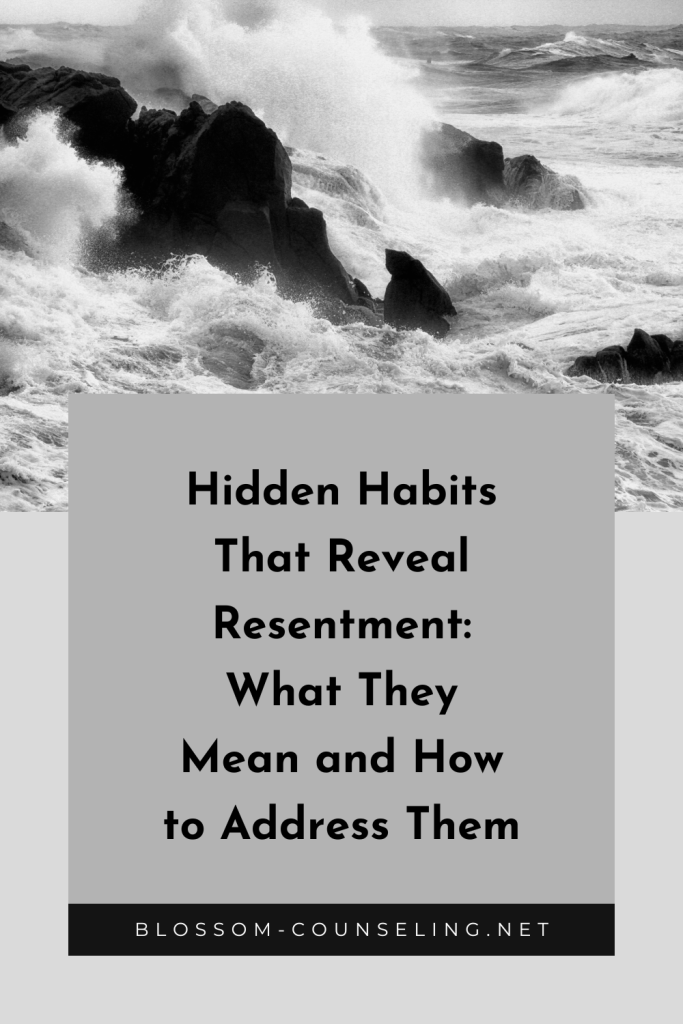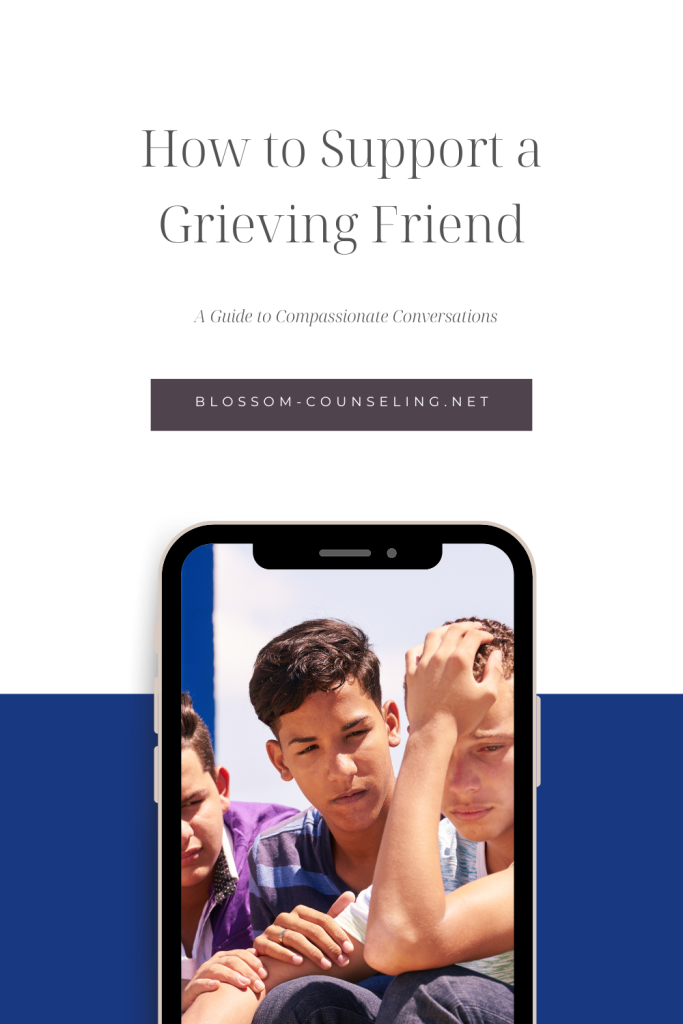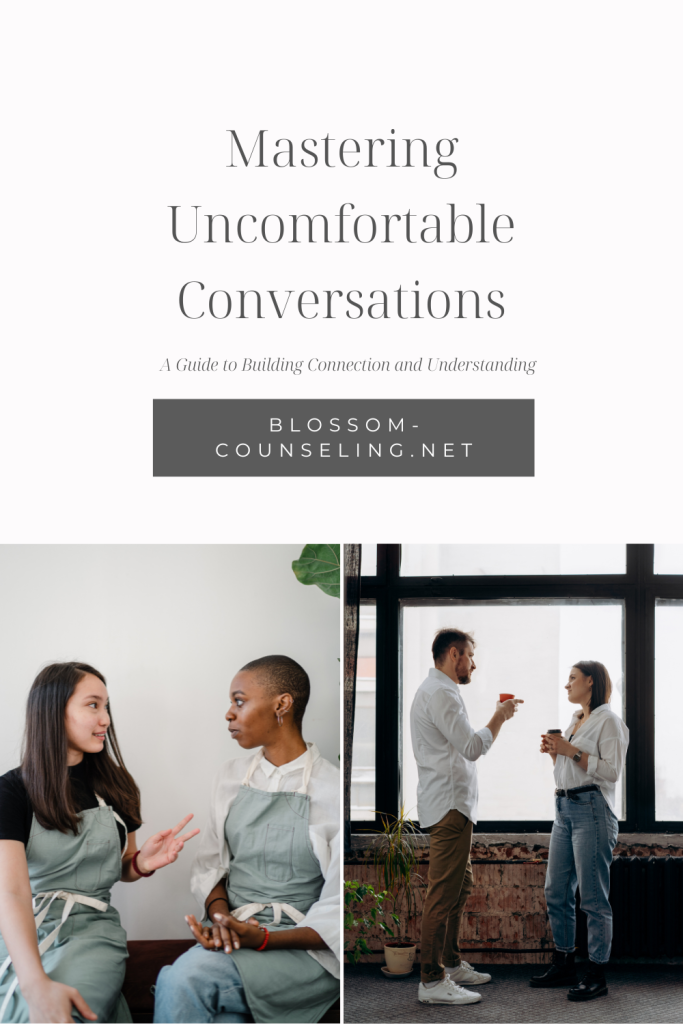
Resentment can sneak into our lives in subtle ways. Often, it starts as a small irritation—something we brush off or tell ourselves isn’t worth addressing. But over time, these unspoken feelings can grow, manifesting in habits we might not immediately recognize as resentment.
Here’s the thing: resentment isn’t just about being upset with someone else. It’s also about how those feelings impact us, shaping our behaviors and outlook without us even realizing it. Let’s explore some common habits that may indicate underlying resentment and what they might say about your emotional landscape.
Passive-Aggressive Communication
This is one of the most telltale signs of resentment. Maybe it’s responding with short, clipped answers when someone asks a question or leaving sarcastic notes instead of having a conversation. Passive-aggression often stems from feeling unheard or unable to express frustration directly. Over time, these subtle jabs can erode relationships and leave everyone feeling frustrated.
Chronic Forgetfulness or Procrastination
Ever notice yourself “accidentally” forgetting to do something someone asked of you or consistently delaying tasks tied to a specific person or situation? This behavior might not be as accidental as it seems. It can be a way of expressing resentment without confronting the source head-on. While it feels safer than an outright conflict, it can deepen feelings of disconnect.
Withdrawal or Stonewalling
If you find yourself retreating emotionally—avoiding certain people, skipping conversations, or shutting down when conflict arises—it might be a sign that resentment has taken root. Withdrawal can feel like self-protection, but it often leaves issues unresolved, creating an emotional backlog that’s hard to clear.
Over-Criticism
Sometimes, resentment shows up as hyper-focusing on someone’s flaws or mistakes. If you find yourself nitpicking or overly critical, it might be worth examining whether those critiques are rooted in frustration or unresolved feelings. This behavior can push people away, even if your underlying desire is to repair the relationship.
Keeping Score
Do you keep a mental tally of everything you’ve done for someone compared to what they’ve done for you? While it’s natural to notice imbalances in relationships, keeping score can breed resentment. It’s a sign that you might feel undervalued or unacknowledged, and those feelings are starting to bubble to the surface.
Diminished Empathy
When resentment builds, it can cloud our ability to empathize with others. You might feel less inclined to understand someone’s perspective or brush off their struggles as “not your problem.” This emotional distancing often signals unresolved anger or hurt.
What These Habits Really Mean
These habits aren’t just about the other person—they’re signals that your emotional needs might not be met. Resentment is often a sign of deeper feelings, like disappointment, sadness, or fear. It’s not inherently bad, but it does need attention. Ignoring it only allows it to fester, while addressing it can lead to growth and stronger relationships.
By recognizing these habits, you can start to unpack what’s behind them. Is there a conversation you’ve been avoiding? Do you feel unappreciated or unheard? Resentment thrives in silence but softens with communication and self-reflection.
Understanding these habits is the first step in breaking the cycle and finding healthier ways to navigate your emotions. It’s a journey—but one worth taking.
Our team of compassionate therapists is here to help you find the support you need. We believe in a holistic approach, treating your mind, body, and spirit. With a blend of traditional and alternative therapies, we tailor your experience to meet your unique needs. At Blossom, we create a non-judgmental space where you can be your authentic self. Our goal is to empower you, amplify your strengths, and help you create lasting change. Together, we’ll navigate life’s challenges and help you bloom, grow, blossom! You deserve to become the best version of you.




